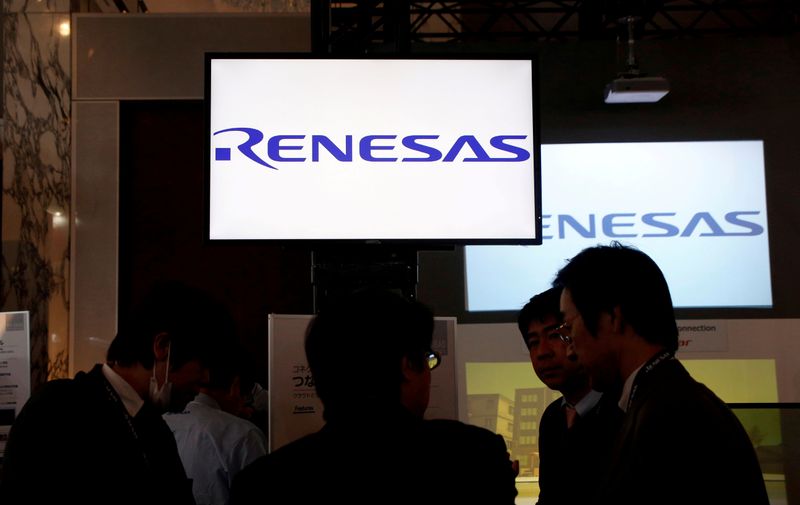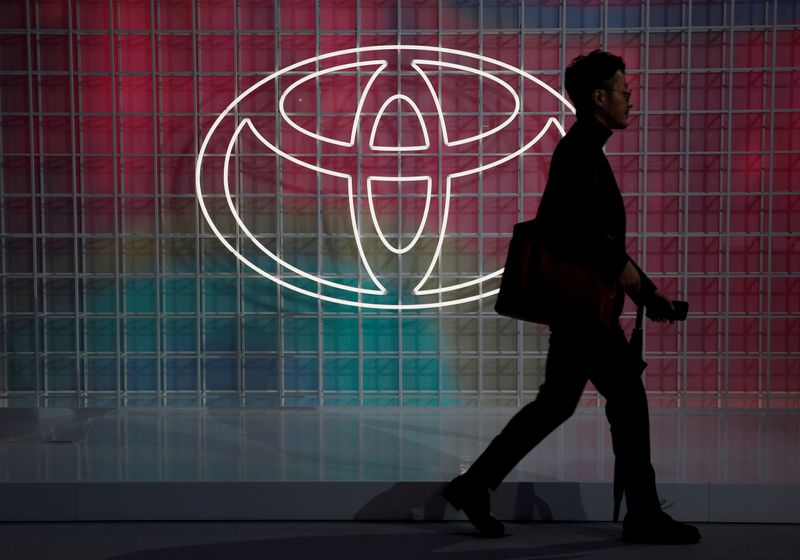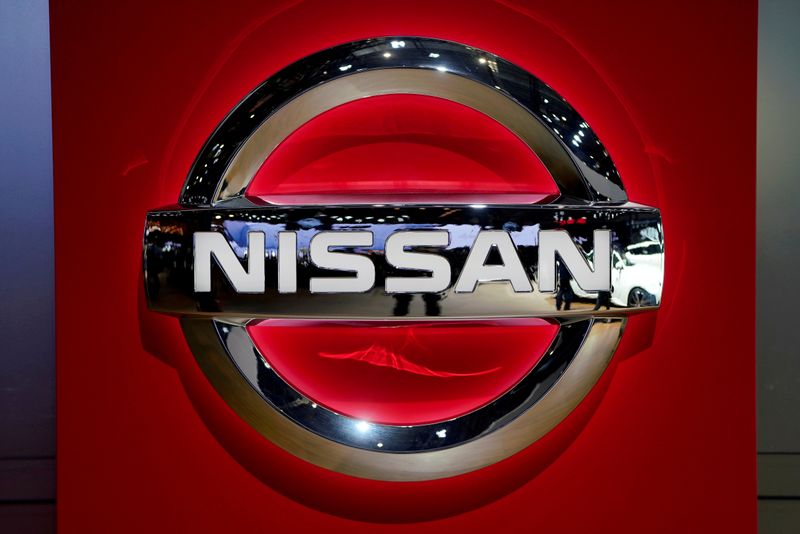TOKYO (Reuters) – Toyota, Nissan, Honda and other Japanese carmakers scrambled on Monday to assess the impact on their production of a fire at a Renesas Electronics chip plant that could aggravate a global semiconductor shortage.
Renesas has said it will take at least a month to resume production at a 300mm wafer line at its Naka plant in northeast Japan after an electrical fault caused machinery to catch fire on Friday and poured smoke into the sensitive clean room.
The fallout on carmakers could spread beyond Japan to auto companies in Europe and the United States because Renesas has about a 30% share of the global market for microcontroller unit chips used in cars.
“We are gathering information and trying to see if this will affect us or not,” a Honda spokesman said. Other automakers including Toyota and Nissan said they too were assessing the situation.
Two-thirds of production at the affected line is automotive chips. Renesas also has a 200mm wafer line at its Naka plant which has not been affected.
Concerns about the impact of the fire hit auto shares, with the big three, Toyota, Honda and Nissan, all closing down by at least 3.3%. Renesas shares tumbled as much as 5.5% and ended 4.9% lower. The benchmark Topix index shed nearly 1%.
“It will probably take more than a month to return to normal supply. Given that, even Toyota will face very unstable production in April and May,” said Seiji Sugiura, senior analyst at Tokai Tokyo Research Institute. “I think Honda, Nissan and other makers will also be facing a difficult situation.”
Semiconductors such as those made by Renesas are used extensively in cars, including to monitor engine performance, manage steering or automatic windows, and in sensors used in parking and entertainment systems.
GOVERNMENT PROMISES HELP
Nissan and Honda have already been forced to scale back production plans because of the global chip shortage resulting from burgeoning demand from electronic goods makers and an unexpected rebound in car sales after a slump during the early months of the coronavirus pandemic.
Toyota, which has agreements with some parts suppliers to stockpile chips, has fared better so far.
“It could take three months or even half a year for a full recovery,” said Akira Minamikawa, analyst at technology research company Omdia. “This has happened when chip stockpiles are low, so the impact is going to be significant.”
European carmakers said on Monday they could not yet assess whether the fire would have any impact on global chip supplies. Germany’s BMW said its plants were running even though semiconductor supply in general remained tight.
A spokesman for France’s Renault said it was currently difficult to asses the volume impact “given the complexity of the supply chain of semi-conductors”.
Volkswagen, the world’s second-largest carmaker, confirmed it does not have direct supply agreements with semiconductor makers. “Of course every additional shortage in the sector further tightens global supply,” it said.
Renesas said its customers, which are mostly automotive parts makers rather than the car companies, will begin to see chip shipments fall in about a month.
The company declined to say which machine caught fire because of the electrical fault or which company made it.
The Japanese government promised help for the auto industry.
“We will firmly try to help the Naka factory achieve swift restoration by helping it quickly acquire alternative manufacturing equipment,” Chief Cabinet Secretary Katsunobu Kato told a regular news conference on Monday.
The latest incident at the Naka facility comes after an earthquake last month shut down production for three days and forced Renesas to further deplete chip stocks to meet orders.
The plant was closed for three months in 2011 following the deadly earthquake that devastated Japan’s northeast coast.
(Reporting by Maki Shiraki, Eimi Yamamitsu and Noriyuki Hirata; Additional reporting by Christina Amann, Gilles Guillaume and Christoph Steitz; Writing by Tim Kelly; Editing by Muralikumar Anantharaman and David Clarke)


























